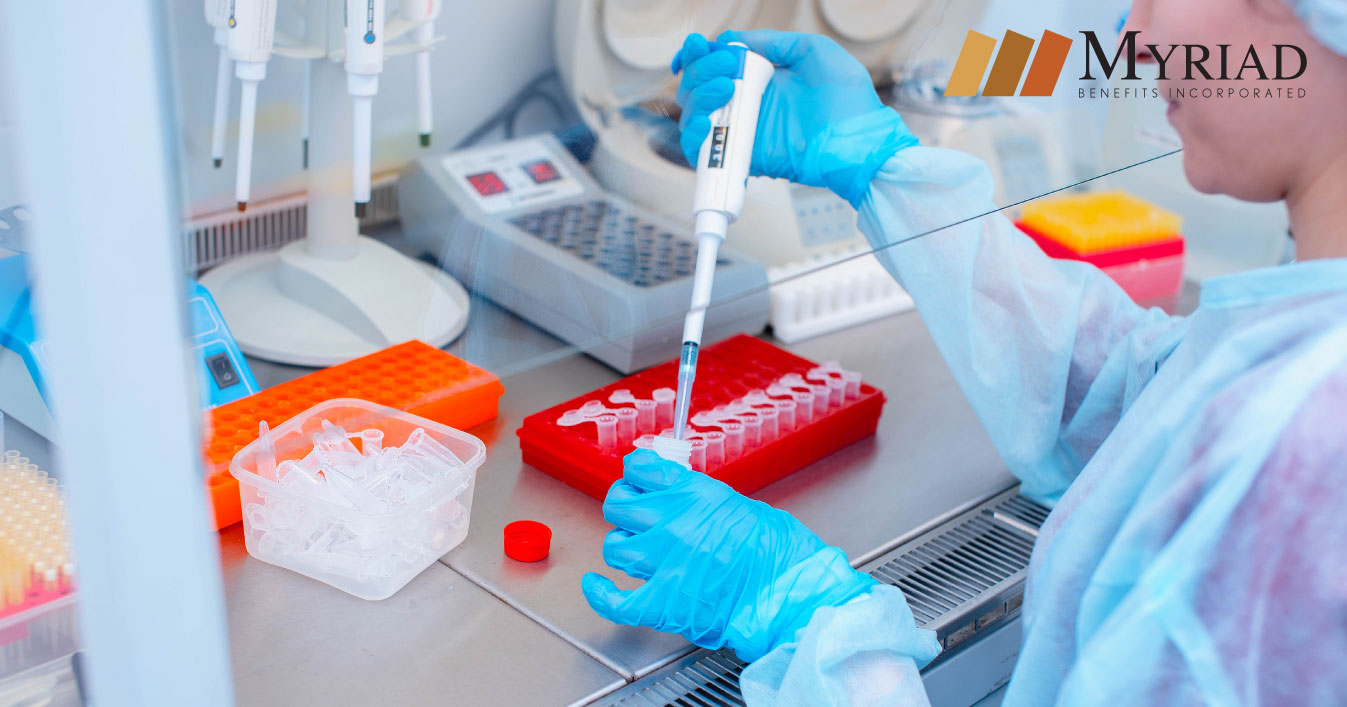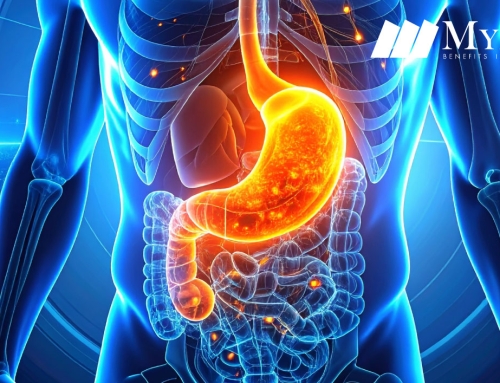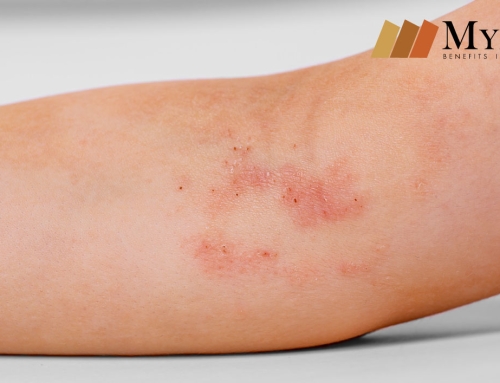The COVID-19 pandemic affected people getting screened for early cancer detection. Early detection tests are preventive tests that look for cancer before a person has any symptoms. These tests can help find cancer at an early stage that may be easier to treat or cure. Remember that when doctor orders a screening tests, it does not mean you have cancer. Screening tests usually do not diagnose cancer. However, if the result of the preventive exam is abnormal, other tests will be done to check for the presence of cancer.
Preventive tests have been shown to be effective in finding cancer in its early stages, where there is the greatest chance of survival. Woman, when was the last time you had a mammogram and cervical cancer (Pap) test? You do not need to experience symptoms to get tested. The American Cancer Society recommends that women at average risk begin mammography at age 40 and Pap smear at age 21.
The man also has early detection tests to be performed, for example: the prostate cancer test, among others. The American Society Against Cancer recommends that the test be carried out from 40-45 years according to the risk that the man presents; for this reason, it is important that you consult with your doctor.
Another early detection test is colonoscopy to detect colorectal cancer. The American Cancer Society recommends that people have colonoscopy starting at age 45 if they are at average risk.
If you still do not reach the required age to take the early detection tests or you do not know the type of risk you may have, you should be aware of any changes you observe in your body and talk about it with your doctor. It’s time to get back to your doctor’s visits and get early detection tests for breast, cervical, and colorectal cancer. Consult with your doctor if you have doubts. Make your appointment, do not leave it pending.
By: Tania Mangual-Monzón, MS
References













